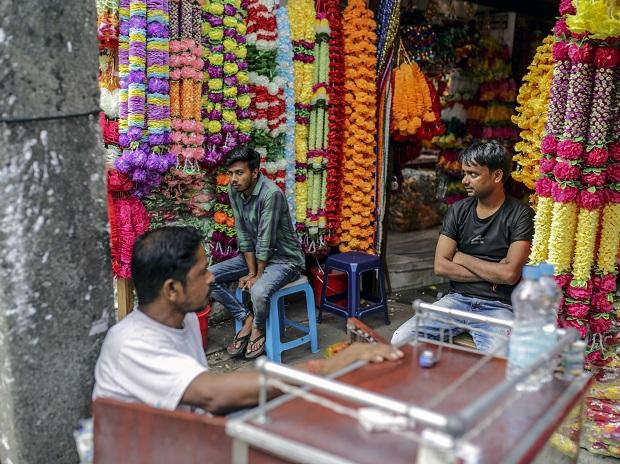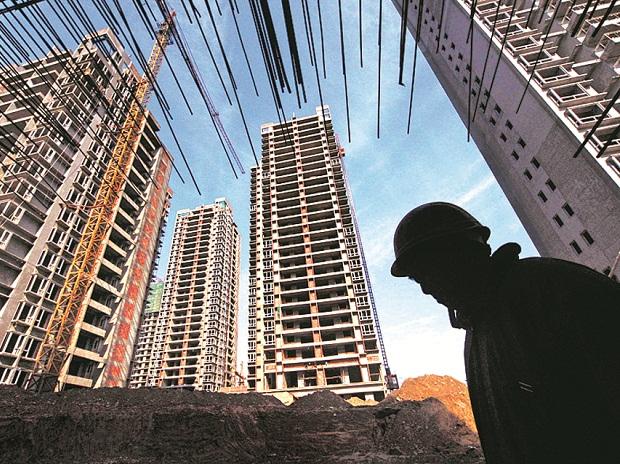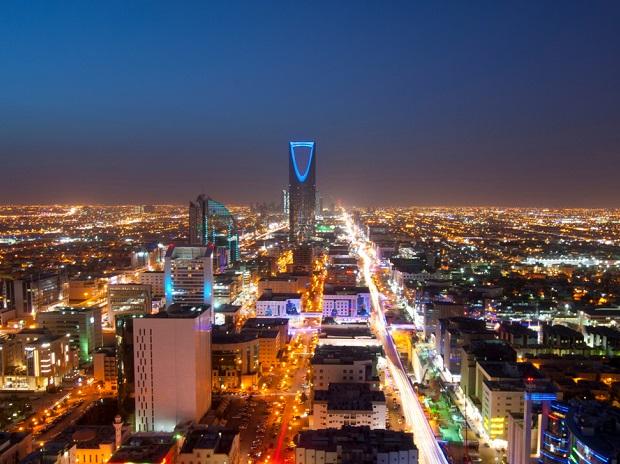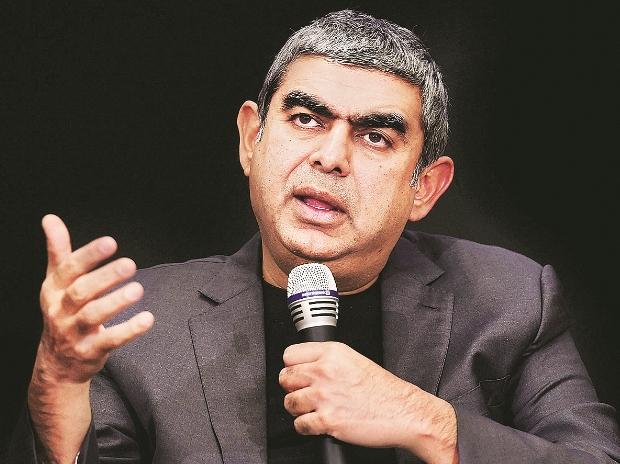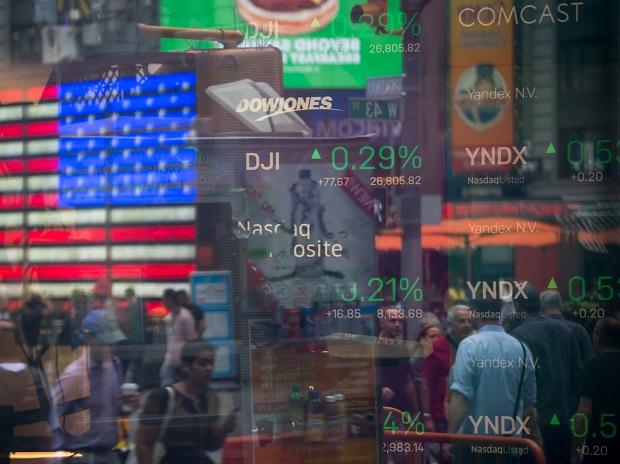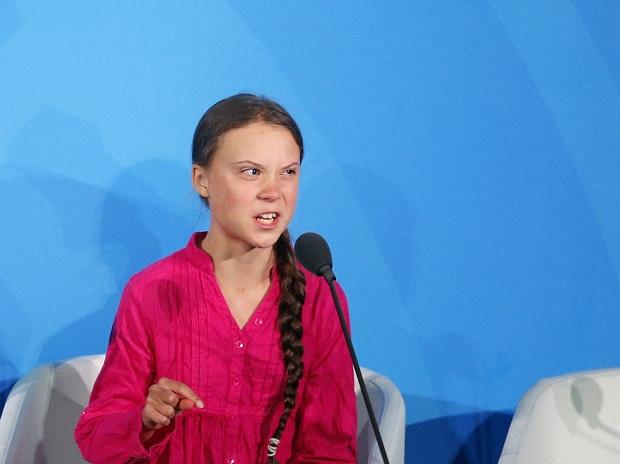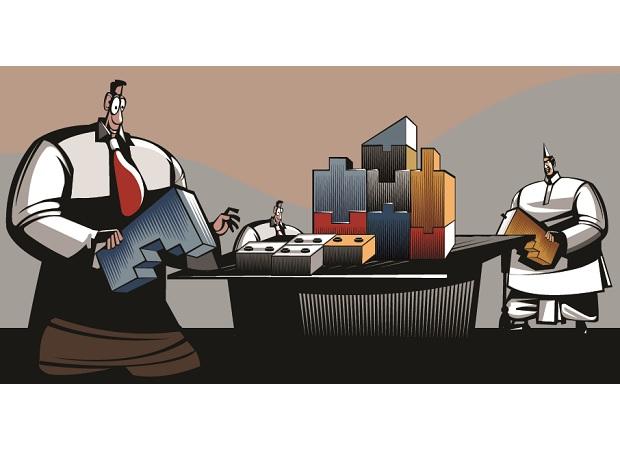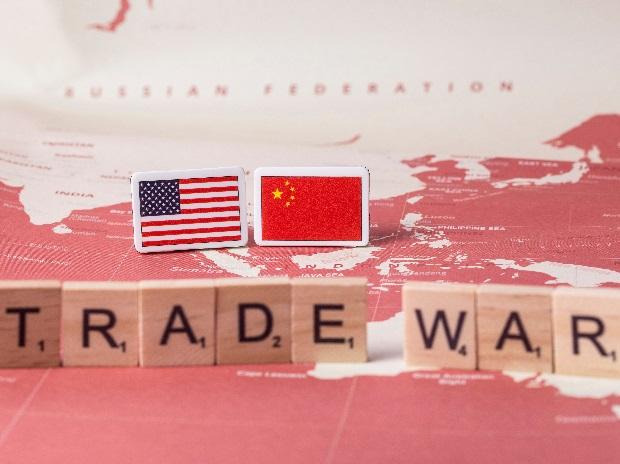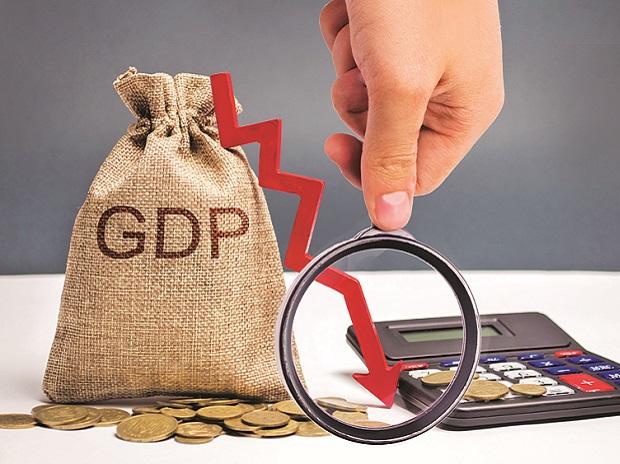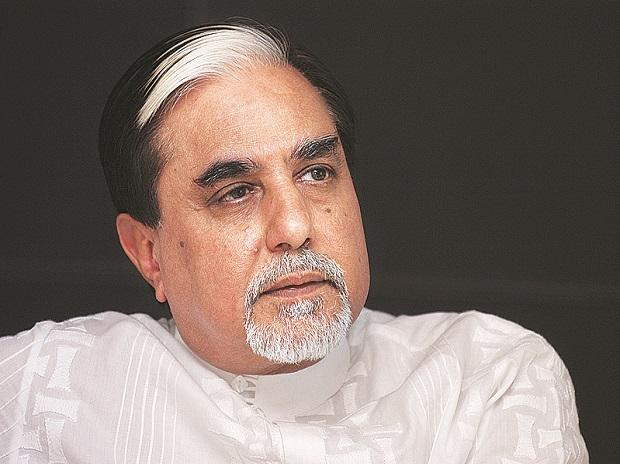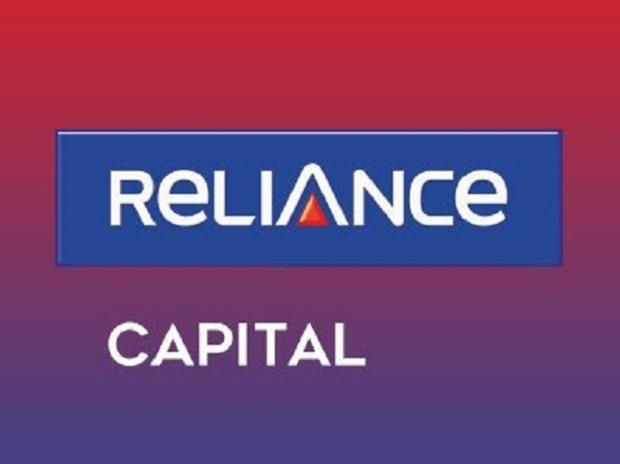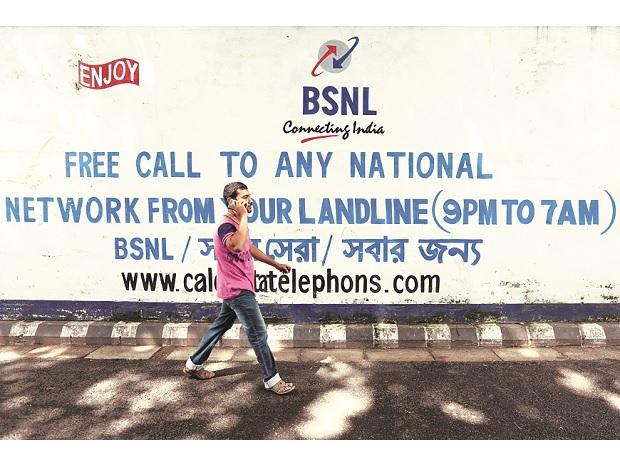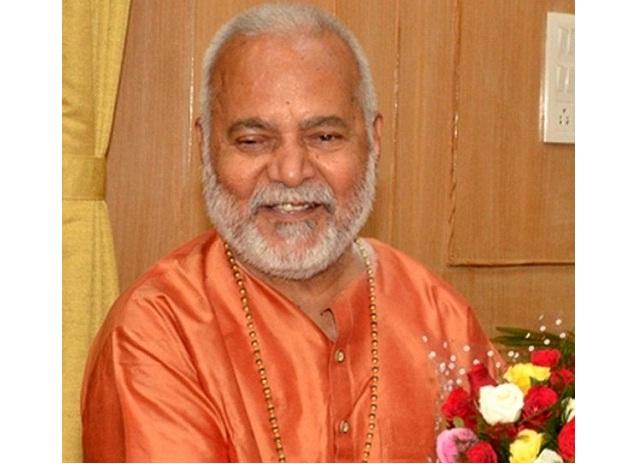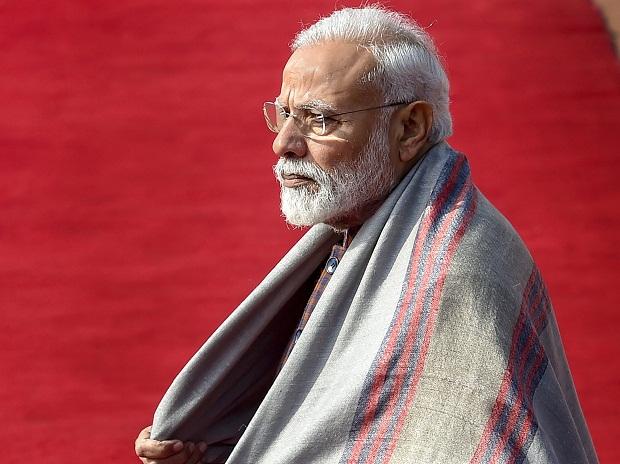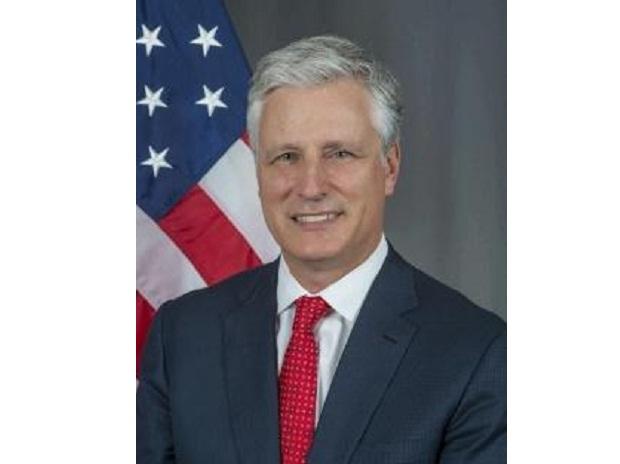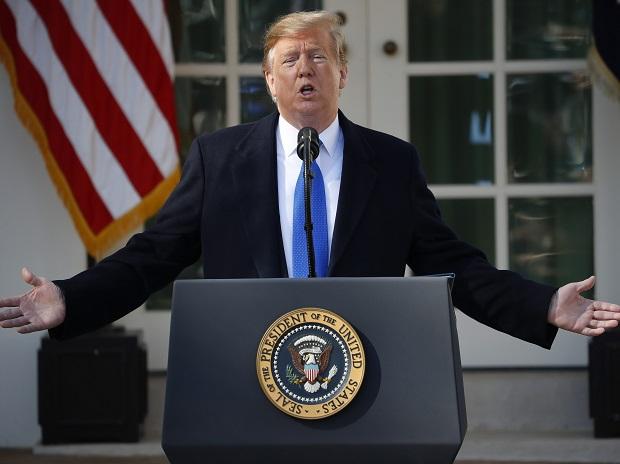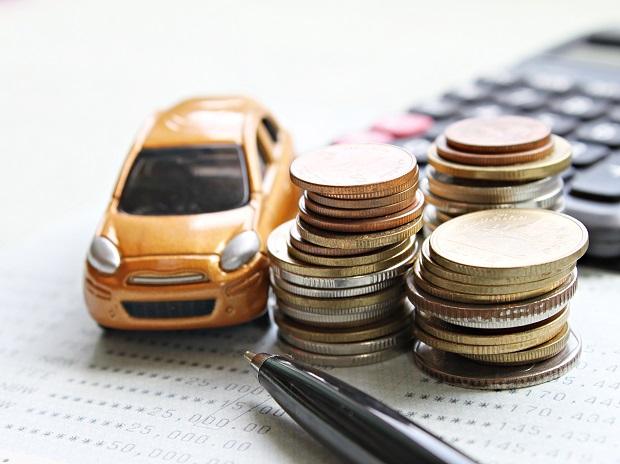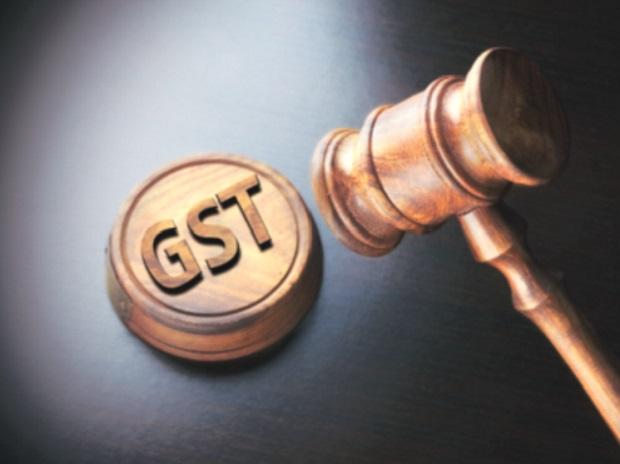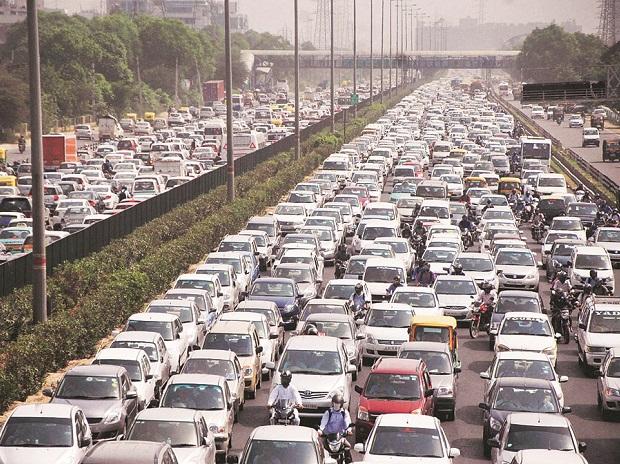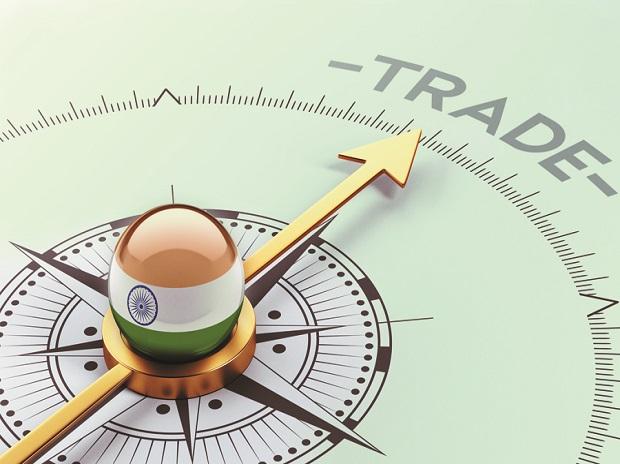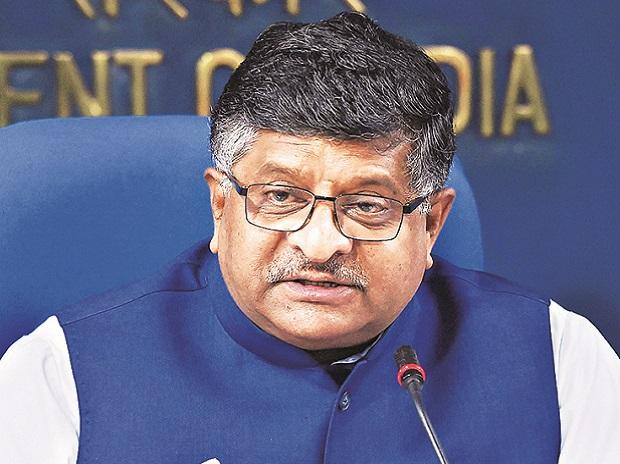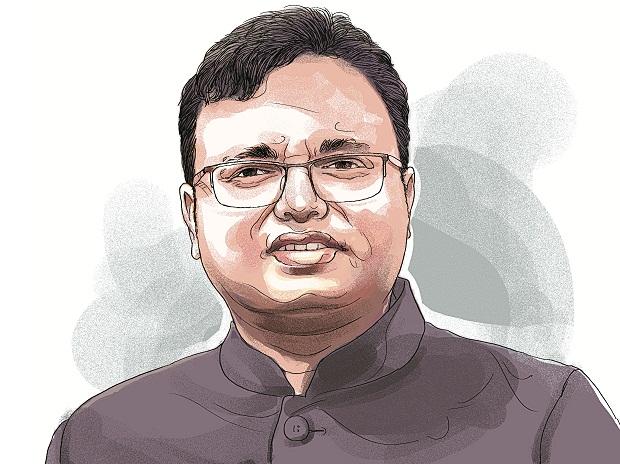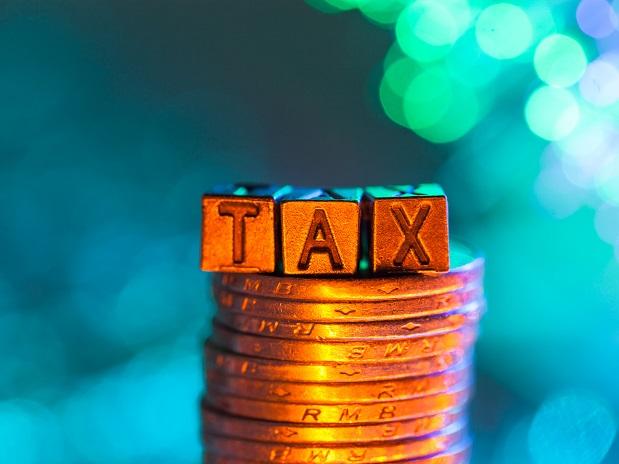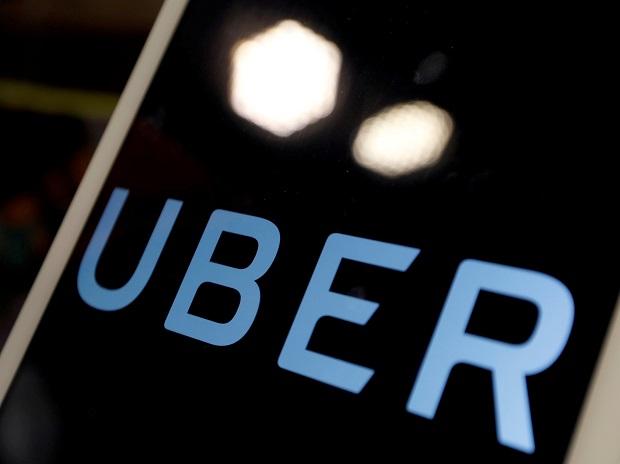
International News
The overall financials of the domestic copper industry may take a hit owing to margin pressure and a subdued global outlook.According to a report by 'Care Ratings', the dip in domestic production, largely due to the permanent closure of Vedanta's copper smelter plant in Thoothukkudi, will force India to remain a net importer of copper while the global copper prices will remain suppressed, and in the range of $ 5,500-5,900/tonne, until a constructive trade deal is reached between the US and China.
Cumulative sales revenue of India's copper industry has declined by 6.6 per cent during the period from FY15 to FY19. The industry's revenues largely depend on the copper prices prevailing in the global economy. However, LME copper prices started declining and have been supressed ever since the US-China trade war began, the report says.
Domestically, production of refined copper had grown at a CAGR of 9.6 per cent during FY14-18. Production fell by 46.1 per cent during FY19 due to the permanent closure of Sterlite’s 400KT copper PLANT in Thoothukudi on May 28, 2018. The Thoothukkudi PLANT accounts for 40 per cent of the country’s copper smelting capacity.With the permanent closure of Sterlite's smelter in Thoothukkudi, and the uncertainty surrounding its remission, the rating agency believes that by the end of FY20, refined copper production will be around 450 kiloton (KT), registering a 1.5 per cent drop from its FY19 level of production. Production of copper from April to July this year was at 167 KT.
"The closure of this plant has resulted in India becoming a net importer, from a net exporter of copper. Due to the increase in demand, India will continue being a net importer of refined copper during FY20 as well, unless the Madurai court passes the judgement for the remission of the this smelter,"...READ MORE

